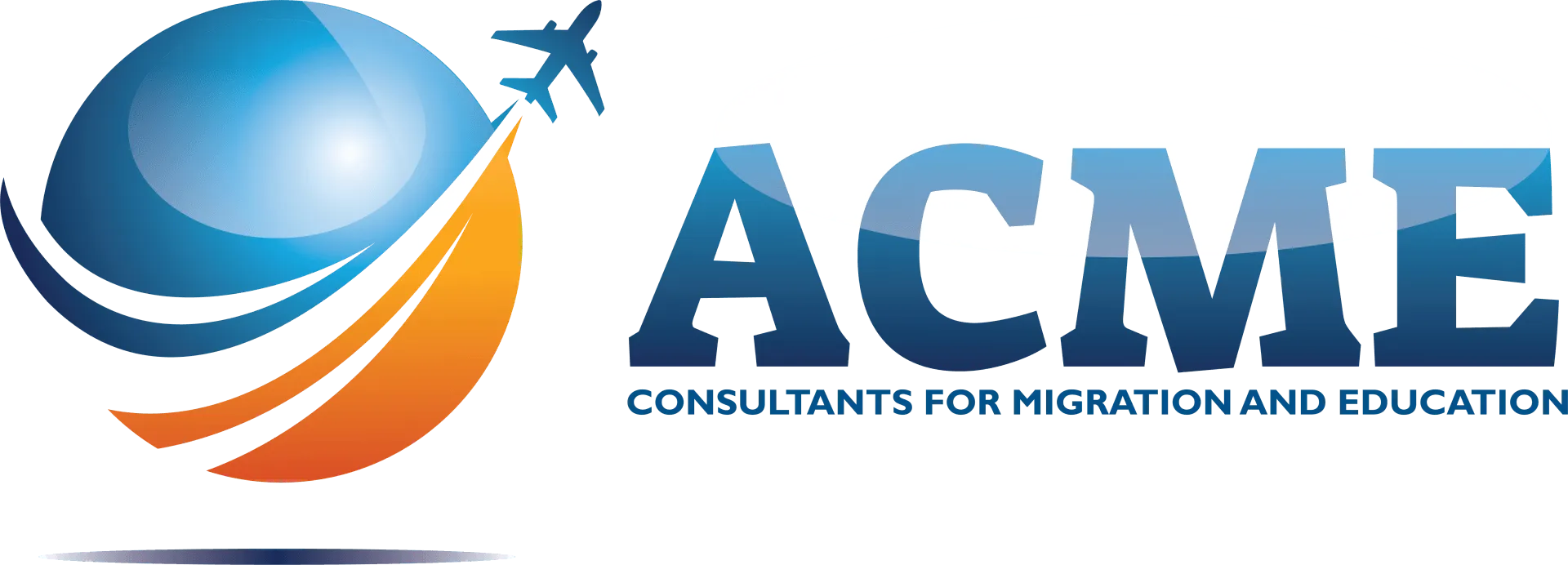Beginning in November 2024, Canada will implement new work permit regulations that will alter spouse permits and include language requirements for PGWP. Find out more.

Canada is getting ready to make significant changes to its immigration laws in order to better handle the increasing number of foreign workers, temporary residents, and international students. The immigration system will be affected by these reforms, which go into effect in November 2024, and will affect spousal work permits, language requirements, and eligibility for work permits.
Future Immigration Levels Schedule
Canada is anticipated to publish its revised Immigration Levels Plan for the following three years on November 1, 2024. This plan will describe the nation’s immigration management strategies, emphasizing the need to balance the inflow of temporary residents such as foreign workers and international students. There has been an increase in the number of temporary residents recently; these changes are intended to better control this movement.
Requirements for Language Proficiency in PGWP Applicants
The establishment of language competence standards for applicants to the Post-Graduation Work Permit (PGWP) program will be one of the biggest changes. All PGWP applicants will have to show that they are at least somewhat proficient in either French or English starting on November 1, 2024. The following linguistic benchmarks must be met:
1. Graduates from universities: Canadian Language Benchmark (CLB) Stage 7
2. Graduates of colleges: CLB Level 5
It is anticipated that this modification will facilitate applicants’ transition to permanent status. But during the following three years, it is expected that fewer PGWP permits will be given overall—roughly 175,000 fewer.
Decrease in the Amount of Temporary Residents
The government’s aim to lower the percentage of temporary residents in Canada from 6.5% to 5% of the total population is another significant feature of the new strategy. This reduction is a component of a larger plan to better control immigration volumes, and it will be reflected in the next Immigration Levels Plan.
Modifications to Spousal Open Work Licenses
In 2025, there will be additional modifications to spousal open work permits. Only the wives of highly qualified workers—engineers, executives, scientists, and other specialized professionals—will be eligible for these permits under the new regulations. Spouses of employees in vital industries like healthcare and construction will still be eligible, though. This policy change aims to expedite the spousal permit application process, with a projected 100,000 fewer permits issued over the following three years.
Immigration and Economic Requirements in Balance
These adjustments are a reflection of Canada’s continuous attempts to strike a balance between the needs of the labor market and the country’s economic growth. By November 1, the complete text of the 2025–2027 Immigration Plan will be made available, offering more insight into how these changes will influence immigration to Canada in the future.
Watch this space for official updates as Canada proceeds with these significant policy changes.


Leave a Reply